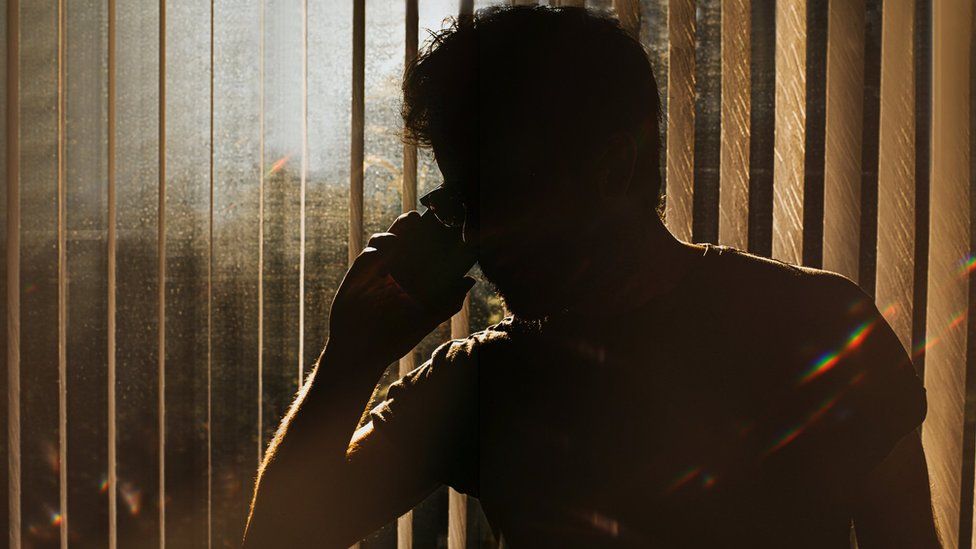 Getty Images
Getty ImagesCalls to a mental health crisis line in Sussex have more than doubled in 12 months, according to an NHS trust.
Sussex Partnership NHS Foundation Trust (SPNHSFT) said calls reached 17,000 in September 2023, up from 7,500 in September 2022.
The trust said the rise in demand led to more people going to A&E with mental health conditions.
It added that it was “working with emergency and voluntary services to improve crisis support”.
SPNHSFT said it had seen a 15% increase in the number of people referred to A&E departments for mental health conditions between 2019 and 2023.
This had caused a knock-on effect on access to beds, with the number of days patients waited for a mental health bed increasing from two to seven days since December 2021.

Analysis
By Mark Norman, health correspondent, BBC South East
We shouldn’t underestimate the challenge for everyone when a patient in mental health crisis is stuck in A&E.
It’s awful for the patient themselves and everyone accepts it is the wrong environment for their care.
For the emergency department, it takes time and resources away from patients with a clinical need. Managers are left trying to find beds for patients who don’t need a hospital but who need a mental health inpatient bed.
But guess what – there aren’t enough of those beds and those we do have are full. The only upside is the fact that everyone is aware of the problem and across our region the NHS and the voluntary sector are looking for ways to ease the situation.

Dr Peter Aitken, chief medical officer for the trust said: “The sense of urgency is minute to minute, hour to hour, because we are working in an accident and emergency space.
“But what that means in practice is that the senior (NHS) leaderships are talking to each other twice a day, sometimes hourly during the day just looking to see what we might do to shift people’s care along to the right place in the moment.
He said it was “difficult work” but patients “should have confidence” that the trust was “making slow and steady progress”.
One of the techniques being used by the trust is a “Blue Light Triage” service which sees trained mental health professionals supporting police and ambulance workers to reduce the number of patients in mental health crisis being admitted to hospital.
According to data from NHS Digital, Sussex has a slightly higher prevalence of patients with a mental illness compared to the average for England, with 1.12% of patients diagnosed with a mental health condition compared to 1.05% across England.

Follow BBC South East on Facebook, on X, and on Instagram. Send your story ideas to southeasttoday@bbc.co.uk.
Related Topics
- Mental health
Related Internet Links
-
Sussex Partnership NHS Foundation Trust
